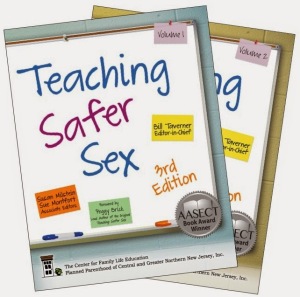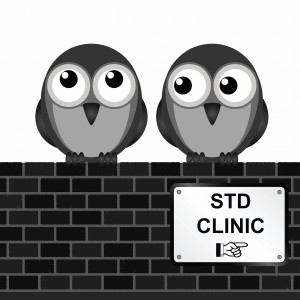Today my daughter left the US for ten days in Brazil. It’s overwhelming, as a mother, to put her on a plane for such a trip. (Important to note, she’s going with my mother, so it’s hardly like she’s without resources.) Leading up to this trip, though, we needed to access medical attention to address two primary concerns: yellow fever and malaria. Yellow fever immunizations involve a shot and malaria medication involves a daily pill. My daughter is not one to take shots lightly. On the contrary, she has an abject terror of them, and I can’t blame her, because I do too. There’s just something so very, very wrong about a thin piece of metal going into your body.
The nurse we were working with did not really understand the kind of physical terror that my daughter was experiencing when she pulled out the needle, and the nurse did not respond well.
The experience brought home to me how important quality healthcare is. You may remember that this is National Healthcare Quality Week. This is not a light or unimportant topic. The ways that our healthcare professionals approach us (and young people as well) matters. The ways that we approach healthcare professionals matters too – we need to educate young people about how to interact with professionals and what level of service to be provided. If they are being physically hurt, if their concerns aren’t being listened and responded to, if they are struggling to even get access to healthcare, young people need support in responding. Or even, ideally, to begin an interaction with a healthcare professional on a good foot.
The following lesson is from Teaching Safer Sex (volume 2!):
_____________________________________________________________________
MAYBE YOU SHOULD GO?
Encouraging People to Seek STI Testing
By Alison Whitehead
Objectives
By the end of this lesson, participants will be able to:
1. Describe at least two facts about testing for sexually transmitted infections (STIs).
2. Identify at least two barriers to seeking STI testing services and assess solutions to those barriers.
3. Describe at least two feelings a person might have about STI testing.
4. Identify at least two reasons why it’s important to get tested for STIs.
Rationale
Educational strategies are of critical importance for the prevention of sexually transmitted infections. Just as valuable are opportunities to learn about STI testing and overcome barriers that may keep people from seeking the testing and treatment they need. This lesson helps participants understand the importance of getting tested for STIs. Participants examine key facts about STI testing and assess barriers to going to the doctor, while building personal comfort with skills for seeking health care, including seeking testing for STIs, when needed.
_____________________________________________________________________
While the lesson isn’t exactly what I was looking for (what I wanted: instructions on how, exactly, to navigate a sexual healthcare check up, what I found: how to prepare for a sexual healthcare check up), it’s a great start to down that path!







